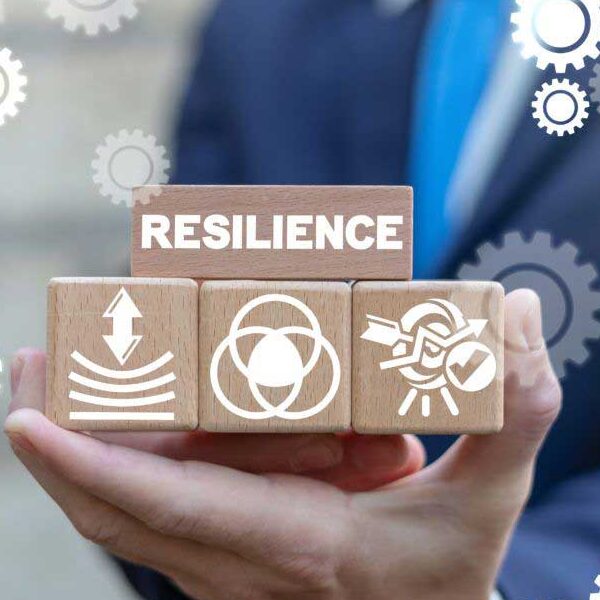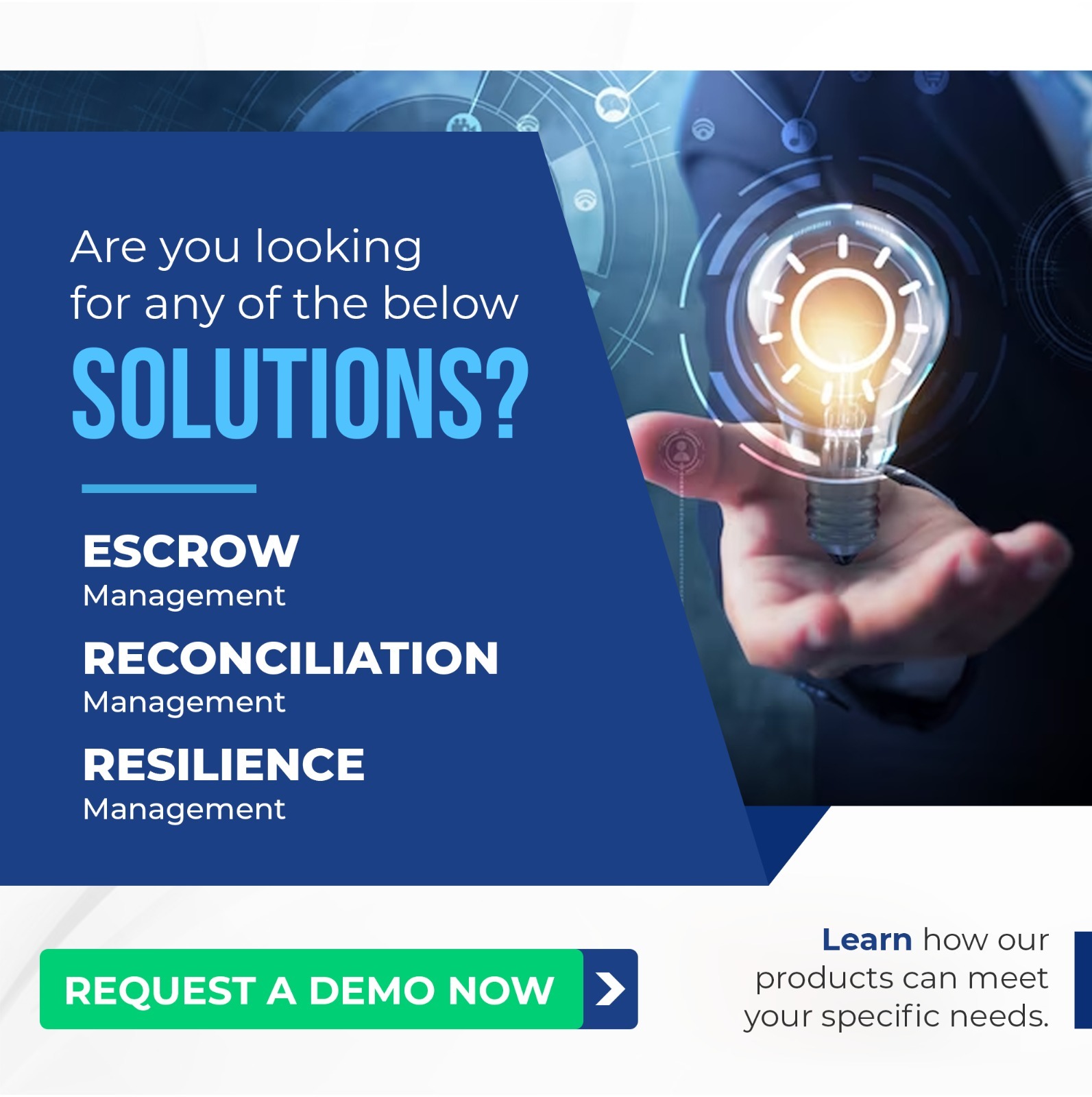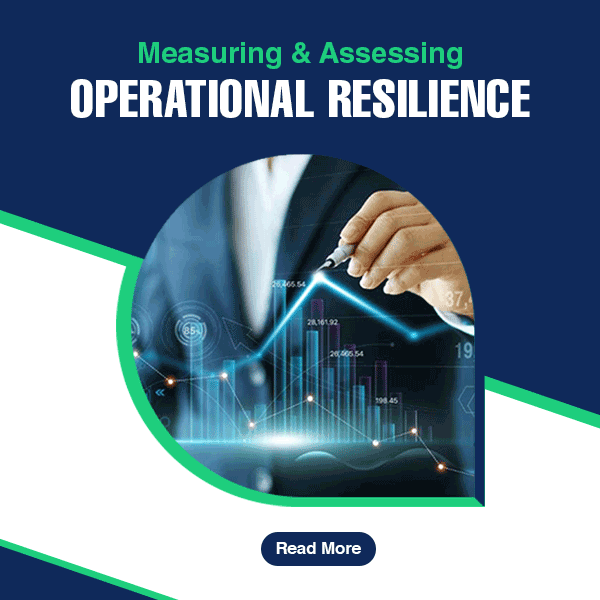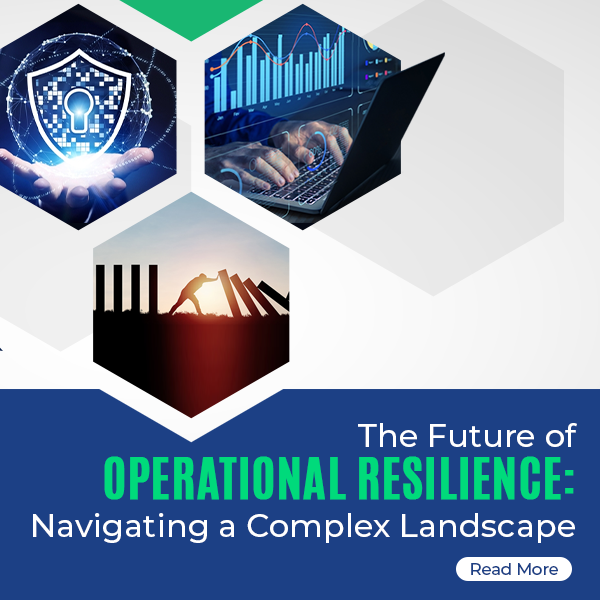The market landscape has gone through significant changes. A single disruption can affect businesses even with little relevance to the disaster. Thus, having operational resilience in place is kinda need of the hour. In March 2021, the Suez Canal was blocked by a 20,000 TEU container ship. This one event impacted the entire world economy for almost 6 days. The blockade ceased all other container vessels passing through the Canal. It resulted in a loss of a whopping 9 billion dollars. Meanwhile, the pandemic and cyberattacks are still top of the chart.
Thus, becoming resilient is not a matter of choice anymore – it’s a necessity. Things are moving positively according to a recent report issued by PWC. 7 out of 10 companies expressed their interest in planning to increase their investments in building resilience. Organizations regardless of size and type have started to give a greater emphasis on planning to have crisis management. Not only that but business continuity, and disaster recovery plan and become resilient at any cost.
What Does Operational Resilience Mean?
Operational Resilience is the ability of an organization to resist, absorb, recover from, and adapt to adverse situations. It covers activities that include expanding the traditional approach to business continuity management. This is in exchange to get a better and more in-depth understanding of the impact and risk tolerance levels.
Resilience is a process and a feature of a company, the competency to adapt to the disruption-prone business environment. It helps you stay in business and think ahead. It ensures that existing business continuity plans, mission-critical processes, risk assessment frameworks, and third-party dependency management are implemented. Also running smoothly within the organization during and after a disaster has taken place.
Why has Operational Resilience become a Necessity?
In recent research by DataCore, 54% of organizations experience an extended downtime of 8 hours in the past 5 years. And, the average cost of downtime is estimated at $1,467 per minute according to Veeam’s 2022 Data Protection Report. Having a solid enterprise resilience strategy ensures companies mitigate overall risk, and run their business during and after a disturbance. Thus they get back on their feet as soon as possible.
An end-to-end focus on business processes enables enterprises to eliminate three things: operational risks, possibilities of disruption, and the impact caused by the disruption. This saves companies from regulatory capital requirements, fines, and other regulatory sanctions.
When a company acts swiftly and recovers rapidly, it saves its reputation, and bottom lines. By continuing to deliver their key services as flawlessly as possible despite the disruption, companies benefit from retaining the trust and loyalty of their customers. Moreover, it helps you outperform your competitors vis-à-vis preventing the crisis from happening and even if it has taken place somehow, by continually providing products or services to the customers.
A clearer and better mapping of operational resilience strategy gives your organization a competitive edge, especially when you need to absorb new risks while expanding your business. According to a recent report by Impact Networking, 87% of IT decision-makers agree that their companies have developed a deeper commitment to business continuity planning because of the COVID-19 pandemic. A business continuity management platform offers a clearer view of the condition and dependency of the processes, stakeholders, technologies, data, and systems, to help organizations into new areas of business and towards expansion.
The question is not why you need to plan for operational resilience, but how should you start.
Let AutoResilience NextGen Get You Started!
Undeniably, the pandemic jolted almost every segment. As per a survey done by Boston Consulting Group, the automotive, fashion, and luxury sectors witnessed a decline in revenue by 10% to 15% in 2020 compared to the previous year. Concurrently, oil and gas firms witnessed a drop in revenue of 20%. The segment that saw the major punch was the travel and tourism industry by a whopping 50%.
But the pandemic is not the only threat that looms on the horizon.
AutoBCM NextGen is a premium operational resilience software. It helps small, medium, and large enterprises enable companies to develop business continuity plans, assess risks and impact, and support crisis management processes. This automated resilience platform deploys in minutes instead of months. It is very intuitive, streamlines methodologies of all kinds empower users with customization, and helps organizations comply with ISO 22301.













